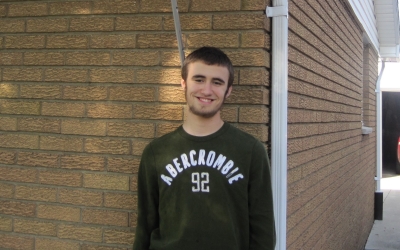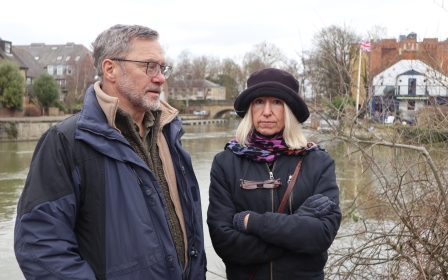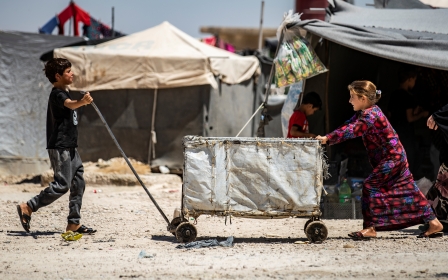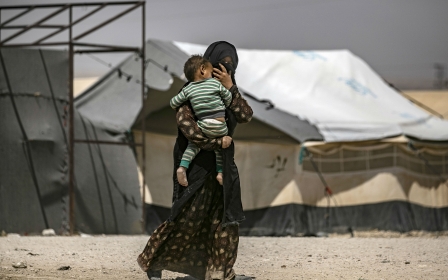Canadian orphan's family asks court to order her repatriation from Syrian camp
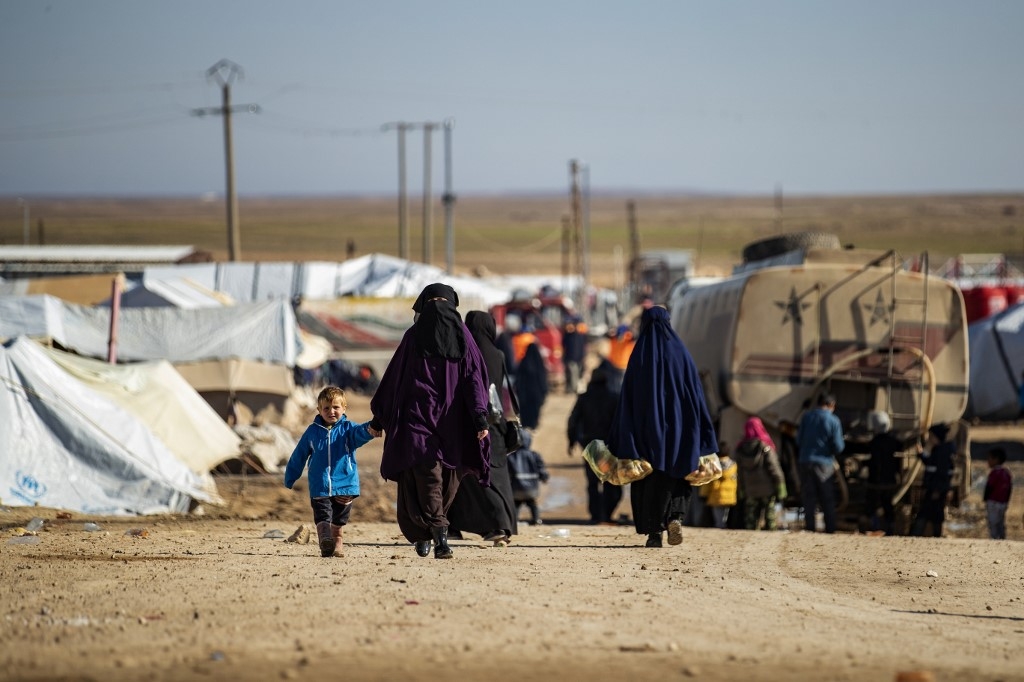
The family of a five-year-old Canadian orphan trapped at a Syrian refugee camp for Islamic State (IS) detainees has filed a case against the Canadian government, arguing that Ottawa has failed to issue emergency travel documentation for the child's return.
Tuesday's filing asks the court to order the Canadian government to comply with its duty to issue Amira an emergency travel document and for Ottawa to work with Kurdish authorities to facilitate her return.
"The Canadian government has failed to issue emergency legislation, documentation or passport equivalent. They've failed to make an official request for Amira's repatriation," Lawrence Greenspon, the lawyer representing Amira's family, told reporters on Tuesday.
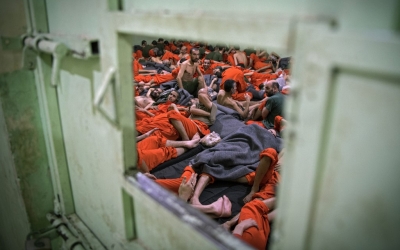
"We felt compelled to bring the application to federal court in an effort to require the Canadian government to do what they should be doing, which is repatriating this five-year-old girl whose only remaining family are here in Canada."
The Syrian Democratic Forces (SDF) and the Autonomous Administration of Northeast Syria (AANES) have both agreed to hand over the child, but the Canadian government is the only barrier to her return.
In addition to not repatriating Amira, the court filing accuses the government of not assigning a Canadian representative to meet with local authorities or work with a third party to arrange her return.
According to Human Rights Watch, there are 26 Canadian children, 13 women and eight men at the Syrian camp.
They include Jack Letts, a British-born man from Oxford who was stripped of his UK citizenship by the British government and who told a Canadian diplomat in a phone call in 2017 that he had been held in a two-metre by one-metre cell for 35 days.
Kurdish officials said that Letts was being treated in accordance with international human rights standards.
Syria's al-Hol camp
The sole survivor of a family of six that reportedly joined the IS group, Amira was sent to the al-Hol refugee camp in eastern Syria after her parents and three siblings were killed in an air strike in Baghuz, where IS made its last stand.
Amira's uncle, named in the case by his first name Ibrahim, had been desperately trying to bring her home to Canada despite little help from the country's government.
"Ibrahim has done everything humanly possible, including travelling to Syria on his own without security or protection, in an effort to bring his niece home to Canada," the court filing said.
The Kurdish-run al-Hol camp in northeastern Syria is home to around 68,000 people who are reliant on humanitarian assistance.
The overstretched camp, which houses displaced people and relatives of IS fighters, has been fraught with malnutrition, poor healthcare for newborns, as well as hypothermia.
In January, the Kurdish Red Crescent reported that more than 500 people, mostly children, died in 2019 as a result of dire conditions at the camp.
"Living conditions of children in Al-Hol camp are inhumane. Deprived of liberty, lacking of basic care, of sufficient food, of shelter from the elements, of safe water, of adequate sanitation, of medical care and of education, they are exposed to harassment, violence and exploitation," UN experts said in May.
"All of these realities pose extreme harm to her."
Canada failing to repatriate its citizens
The UN has also called on Canada to secure the release and repatriate the orphaned girl, saying that the country has an "obligation to intervene" if there are grounds to believe that human rights have been violated.
"Within this context, special care must be taken for children, particularly if their parents are dead," UN experts said in May.
'If Canada can bring home tens of thousands of citizens from around the world in a matter of weeks, surely it can find a way to repatriate fewer than 50 others trapped in horrific conditions in northeast Syria'
- Letta Tayler, senior crisis and conflict researcher at HRW
"With the Covid-19 pandemic in play, and thus in a time of new vulnerabilities for children, the return of this orphaned child to Canada and reunion with her family/relatives is even more urgent."
In an extensive report released last month, HRW said Canada was failing to take adequate steps to assist and repatriate dozens of Canadians unlawfully detained in northeast Syria.
"Despite [Canada Prime Minister Justin] Trudeau's rights-friendly image, Canada has not repatriated even one - not even Amira, a war-shocked, five-year-old orphan," Letta Tayler, senior crisis and conflict researcher at HRW, told MEE.
"If Canada can bring home tens of thousands of citizens from around the world in a matter of weeks, surely it can find a way to repatriate fewer than 50 others trapped in horrific conditions in northeast Syria," said Tayler.
Middle East Eye delivers independent and unrivalled coverage and analysis of the Middle East, North Africa and beyond. To learn more about republishing this content and the associated fees, please fill out this form. More about MEE can be found here.


